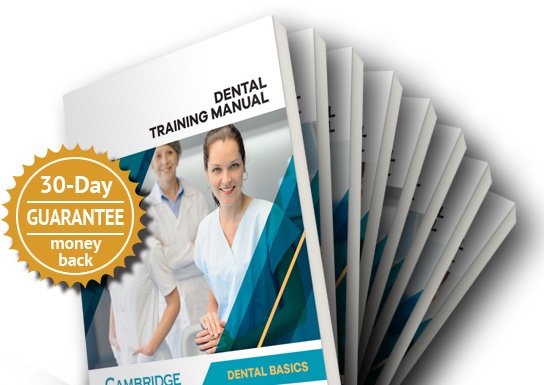Post-op Instructions - Implant Placement
BLEEDING: Small amounts of blood in the saliva can make your saliva appear quite red. This is normal and may be noticed the rest of the day after the procedure.
SMOKING: Smoking should be stopped following surgery. Healing and success of the implant will be substantially reduced by the cigarette smoke chemicals in your body.
PAIN: Some discomfort is normal after surgery. To minimize pain, Take two Tylenol, Nuprin, Advil, or similar non-aspirin pain reliever every 3 to 4 hours until bedtime to maintain comfort. Take it before the anesthesia wears off. If prescription pain medication is prescribed, take it as instructed on the label. Don't exceed the dose on the label. Taking with food or milk will help reduce upset stomach. Avoid driving or operating heavy machinery when taking pain prescriptions. Do not drink alcohol while taking prescription pain medications.
NAUSEA: This is most often caused by taking pain medications on an empty stomach. Reduce nausea by preceding each pain pill with soft food, and taking the pill with a large glass of water.
SWELLING: Applying an ice bag to the face over the operated area will minimize swelling. Apply for 15 minutes, then remove for 15 minutes. Continue this for the first day.
NUMBNESS: The local anesthetic will cause you to be numb for several hours after you leave the office. Be very careful not to bite, chew, pinch, or scratch the numb area. Sometimes the implant procedure causes residual numbness or tingling for six weeks or longer.
BRUSHING: Do not brush your teeth for the first 8 hours after surgery. After this, you may brush your teeth gently, but avoid the area of surgery for 3 days.
RINSING: Avoid all rinsing or swishing for 24 hours after your procedure. After 24 hours you may begin gentle rinsing with a saltwater solution (1/2 teaspoon salt + 1/2 teaspoon soda + 8 ounces warm water). Avoid commercial mouthrinses. You may be instructed to use a prescription antimicrobial mouthrinse.
DIET: Eat soft foods for the first two days. Maintain a good, balanced diet. Return to normal regular meals as soon as you are able after the first two days. Drink plenty of water. Avoid alcohol for 48 hours.
ACTIVITY: After leaving the office, rest and avoid strenuous activities for the remainder of the day. Keeping blood pressure lower will reduce bleeding and aid healing.
ANTIBIOTICS: If you were given an antibiotic prescription, take all of them as directed until they are gone. Women: some antibiotics can reduce the effectiveness of birth control pills. Use alternate birth control methods for two months.
SINUS: If your sinus was involved in the procedure, you should avoid blowing your nose or playing a wind musical instrument for one week. Use of decongestant medications might be recommended.
REMOVABLE APPLIANCES, DENTURES: Your dentist will give you specific instructions about your prosthesis. To avoid putting any pressure on the new implants before they have healed, your denture might be adjusted or significantly modified. In certain cases you will need to go without your dentures for a period (days or weeks) after the implants are placed. Sometimes a temporary removable appliance is made for cosmetic purposes, until a new non-removable one can be made.
FOLLOW-UP APPOINTMENTS: You may need to return to the office within the first 14 days to have sutures removed, or just for a brief follow-up healing check. You may need to return after the implant has integrated for a small second procedure to expose it in preparation for the final restoration.
Please call your dentist if you have:
- uncontrollable pain
- excessive or severe bleeding
- marked fever
- excessive warm swelling occurring a few days after the procedure
- reactions to medications, especially rash, itching, or breathing problems
Following these instructions very closely will greatly help your comfort, and promote uneventful healing of the area. If any of the instructions are not followed, you might have significantly more discomfort, and the success of the procedure may be affected.
Follow up is part of an effective dental recare system.


